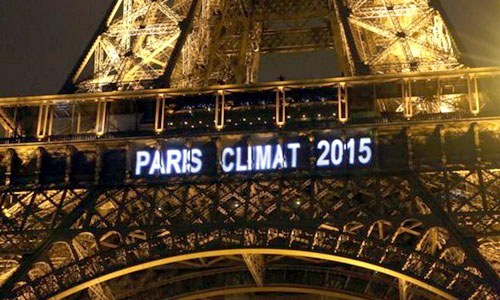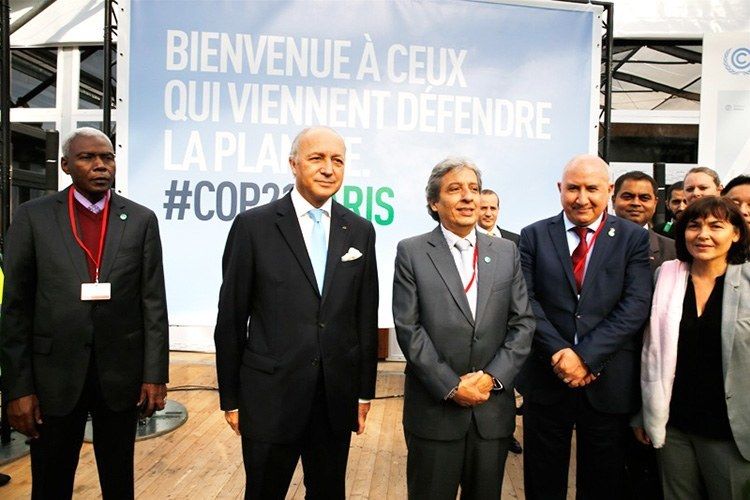


Under the auspices of the French Foreign Minister and COP21 President, Mr. Laurent Fabius, its objectives were to talk about possible solutions, give political momentum and kickstart negotiations prior to the United Nations conference starting Nov. 30.

The mood was surprisingly hopeful, encouraging and positive and four key conclusions emanated from the three-day discussions:
- Universal and non-reversible agreement — An ambitious Paris Accord on limiting greenhouse gases is possible, with a large consensus of the countries present agreeing on establishing a review period every 5 years. This is a very important point, as the world will be able to gauge countries’ progress in limiting their carbon emissions. Countries also agreed that all their commitments were non-reversible. This means that all the current contributions submitted by the countries (so called INDCs) are their minimum commitments and that any new contributions will become better.
- Equitable treatment — a unique system will be implemented making sure that all countries are treated in a balanced and fair way. This will be a very contentious point during the conference between developed and developing countries.
- Climate Financing — positive signals were sent by all countries about contributing to the $100bn/yr Green Climate Fund to help developing countries mitigate and adapt to climate change. It was also pointed out that developing countries would also contribute to this target, indicating that this huge financial commitment does not only rest on developed countries.
- Bottom-up Actions—a pre-2020 review of all the actions taken by civil society (all non-state actors) in 2017 and 2018, to make sure that the current commitments made by all organizations (there are currently more than 6,000) are ambitious and complement the countries’ objectives.
In addition to these four broad agreements, three countries released their contributions to the Paris global deal: Saudi Arabia, Sudan and Egypt. This means that, in total, 160 countries have submitted plans for Paris, representing more than 90 percent of global greenhouse gases. This is very encouraging as we are nearing 100 percent coverage of GHGs worldwide.

All in all, these conclusions indicate that countries are prepared and willing to sign a global agreement on climate change, but as is usually the case in large international negotiations, the devil will be in the details of the final accord. Let’s hope we can keep this positive political momentum until and through COP21.
YOU MIGHT ALSO LIKE
Bernie Sanders: ‘Climate Change Is Directly Related to the Growth of Terrorism’
Paris Climate Talks Will Not Be Canceled, Obama Will Attend
Bill McKibben: We Must Keep Brewing Gale-Force Winds to Shift Political Landscape

 233k
233k  41k
41k  Subscribe
Subscribe 